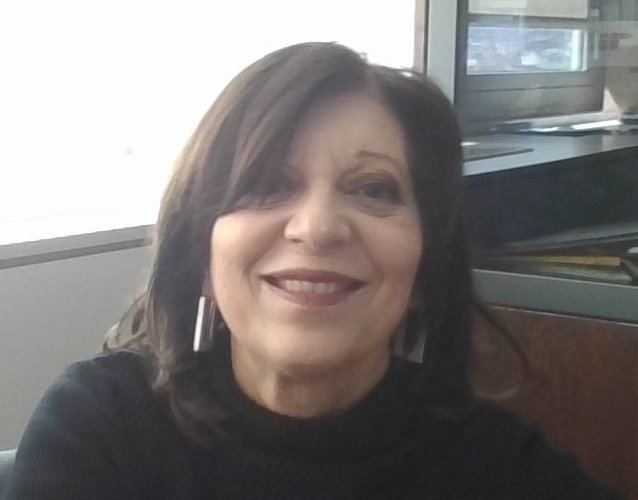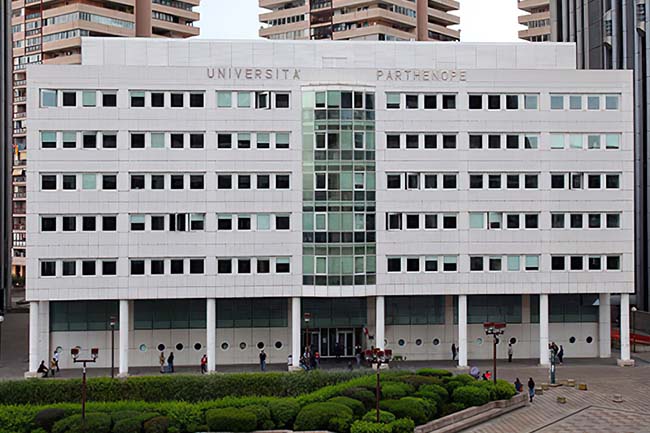The degree program provides basic knowledge of Information Engineering and forms professionals capable of working in numerous ICT application areas (IT, biomedical, electronic, and telecommunications) and able of managing technological innovation with a multidisciplinary approach. Graduates can continue their university education by choosing a master’s degree in one of the specific sectors of Information Engineering, such as Computer Science, Biomedical Engineering, and Telecommunications.
Graduates find employment in mid-to-senior level positions within companies and public/private entities that require cross-disciplinary skills in the field of information technology (ICT). Specifically, their skills relate to the analysis, development, and management of computer systems, communication systems, electronic systems, and biomedical application systems, both at the software and hardware level.
The Course (IBeT) provides the basic knowledge and skills in Information Engineering, in order to train a versatile engineer with a multidisciplinary preparation in the ICT sectors.
The general approach of the course, based on the methodological rigor that characterizes scientific subjects, aims to train professionals capable of promoting and managing technological innovation that is typical of the area of computer science, biomedicine and telecommunications.
Course Duration: 3 years
Number of Exams: 18
Credits: 180
Admission: Open
Double Degree: No
Class Membership: L-8
Department: Engineering
The general approach of this Bachelor Degree (IBeT) is designed to provide students with the adequate tools that will help them understand and elaborate on the issues typically associated with the wide ICT domain. Overall, thanks to an adequate amount of time dedicated to personal study and because of the general approach of the program, students will gain a skill-set that will help them to master the most recent developments in this field of study.
Within the scope of mathematics and physics teaching, students are provided with the tools and independent judgement necessary to represent and solve even complex problems. In particular, basic training activities provide students with the ability to know and understand:
The core training activities, on the other hand, aim to provide students with the operational tools that enable them to independently identify solutions to classic problems in the ICT sector. In particular, they provide the ability to know and understand:
Finally, related training activities provide students with the knowledge necessary to independently understand:
All information on the training programme, from admission to the final exam, for all students interested in enrolling in the Computer, Biomedical and Telecommunications Engineering Course
Pre-course dates: from 22/09/2025 to 29/09/2025
Course start dates:
First year: 6 October 2025
Second and third years: 22 September 2025
Course timetable (link https://sisis.uniparthenope.it/orari-delle-lezioni-area-cds-ingegneria/)
For admission to the degree programme, applicants must hold the high school diploma required by current legislation or another equivalent qualification obtained abroad, as well as possess or acquire adequate initial preparation.
In order to successfully complete the degree courses in Engineering, students must have basic scientific knowledge, verbal comprehension skills and an aptitude for a methodological approach. The latter two aspects, which are particularly important for filling any gaps in the former, are closely related to the ability to read and interpret texts, organise and archive knowledge, self-assess, organise study activities and take responsibility for decisions made.
Students are involved in various initiatives, including Cyberchallenge.it, Startcup Campania and Neapolis Innovation, with the aim of stimulating the application of acquired theoretical knowledge to practical contexts. There is no compulsory curricular internship.
The final examination consists of presenting the thesis to the degree committee and discussing the topics studied.
In a public session, candidates will be asked to present their work with the aid of multimedia tools. In addition to evaluating the content presented, the committee will assess the candidate’s ability to summarise and communicate scientific content, their command of language, the level of awareness they have achieved and the critical spirit they have demonstrated.

Prof.ssa SCHIRINZI Gilda
gilda.schirinzi@uniparthenope.it

Centro Direzionale di Napoli, Isola C4 – 80143 Napoli
Università degli Studi di Napoli “Parthenope”
Via Amm. F. Acton, 38 – 80133 Napoli (NA)
P.IVA 01877320638 | C.F. 80018240632
2021 – Università degli Studi di Napoli Parthenope – All Right Reserved